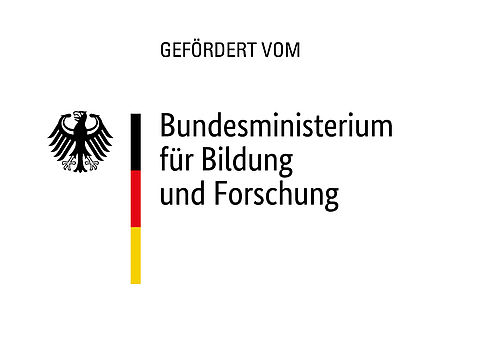Genome editing in plant biotechnology - a science based legal analysis of regulatory problems

Researchers from the University of Passau reconsider from scratch the EU’s regulatory framework for genetically modified organisms (GMOs) in view of the latest biological insights into genome editing techniques, for example CRISPR/Cas9.
Genome editing
Genome editing allows for highly accurate, site-specific, efficient, and speedy alterations of the genome. Hence, the process of plant breeding becomes more time- and cost-efficient.
Crucially, genome editing enables the development of mutant plants which, in the end, cannot be distinguished from conventionally bred plants. This holds true, however, only if the mutations are not larger than approximately 20 base pairs.
However, there is still a substantial lack of experience with regard to plant breeding through genome editing. Accordingly, the assessment of potential risks to human health and the environment is still in its infancy.
The EU’s regulatory framework for GMOs
The current GMO framework dates back to the beginning of the 1990ies. Newly developed plant breeding techniques challenge the current framework’s applicability, consistency and completeness. Researchers from the University of Passau examine these techniques and review the EU’s regulatory framework. They work closely together with researchers in the field of molecular biology: The Department of Biochemistry at the University of Erlangen-Nuremberg is also involved.
Applicability: the 'GMO' definition
Since about 2006 scientific expert committees discuss the problem whether plants derived from genome editing techniques or other highly innovative genetic alteration techniques fall within the ambit of the current 'GMO' definition. It is only recently that legal scholars have taken up the problem. Still, there is no study, much less a monography, which comprehensively covers all genome editing techniques and all relevant regulatory aspects associated with genome editing. What is more, the most fascinating genome editing technique, i.e. CRISPR/Cas9, was developed only in 2012.
The European public in general, and the German public in particular, are highly skeptical of GMOs. Accordingly, the regulatory status of such plants is decisive for consumer acceptance and has serious repercussions on both the seed industry and on research and development (R&D) as well as on agriculture. If plants derived from genome editing techniques had to be classified as 'GMOs', these plants would also fall under the EU’s new opt-out directive of 2015, which allows member states to restrict or prohibit the cultivation of GMOs under certain conditions.
Gaps and inconsistencies: realignment of the regulatory framework
The call for a fundamental realignment of the regulatory framework for innovative plant breeding is all the more convincing if the current developments in modern plant breeding techniques evidence that what matters for regulatory purposes is not the 'process' applied to produce new characteristics but the 'product' as such exhibiting the novel traits. The charm of a product based approach is that there will be no need to decide ad hoc in each case of a newly developed breeding ‘process’, whether organisms derived therefrom are covered by the regulatory framework.
Expected results
The expected results of the project will be in essence:
- the determination of the regulatory status of plants derived from genome editing
- the identification of intolerable gaps and inconsistencies within the EU’s current legal framework and recommendations for possible amendments to fill these lacunae or rectify any inconsistencies
- the conceptualization and design of a novel EU regulatory framework, ideally based on what is called the 'product approach', taking into account best regulatory practices of other States and requirements under world trade law.
Participation
Prof. Dr. Hans-Georg Dederer, holder of the Chair of Constitutional and Administrative Law, International Public Law, European and International Economic Law at the University of Passau, is principle investigator of the project. Prof. Dr. Uwe Sonnewald, holder of the Chair of Biochemistry at the Friedrich-Alexander-University Erlangen-Nürnberg, is scientific advisor providing expertise in the fields of plant biology and biotechnology. The Federal Ministry of Education and Research (BMBF) supports the project.
The project heavily and constantly relies on scientific expertise provided by the Scientific Advisor and his assistant.
| Principal Investigator(s) at the University | Prof. Dr. Hans-Georg Dederer (Lehrstuhl für Staats- und Verwaltungsrecht, Völkerrecht, Europäisches und Internationales Wirtschaftsrecht) |
|---|---|
| Project period | 01.10.2016 - 30.09.2018 |
| Verlängert bis: | 31.01.2020 |
| Source of funding |  BMBF - Bundesministerium für Bildung und Forschung |

